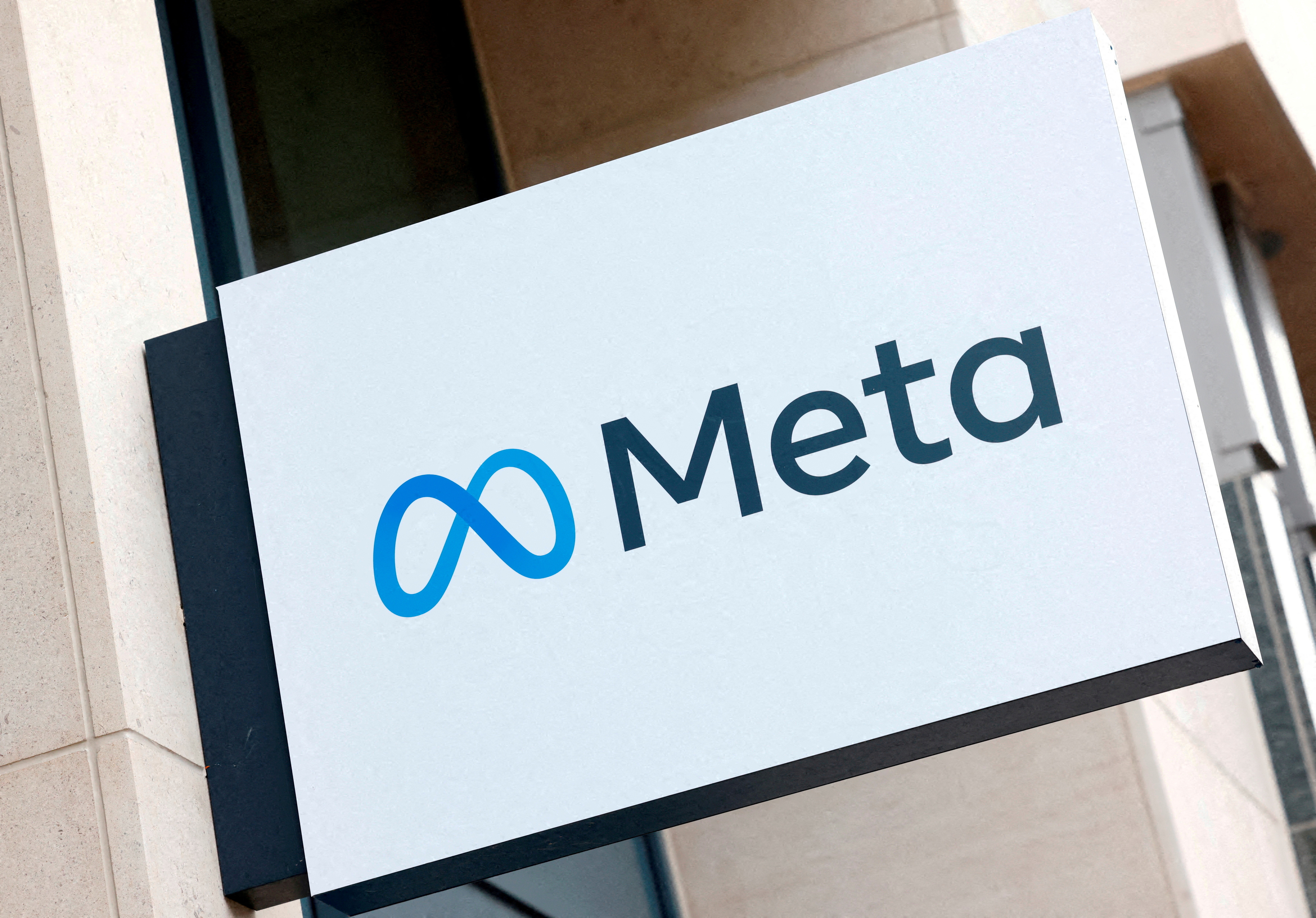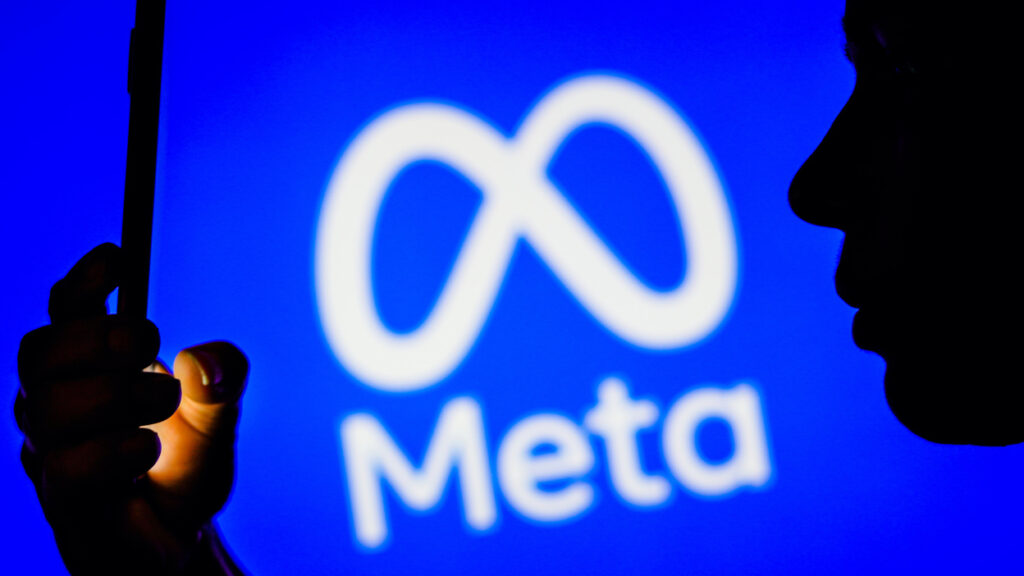Meta Platforms (META.O) CEO Mark Zuckerberg unveiled the Quest 3 mixed reality headset on Thursday, as the company braces for Apple to potentially reshape a nascent market that Meta has dominated thus far.
The device, which will start at $499, will be 40% thinner than the company’s previous headset and feature color mixed reality, which combines augmented and virtual reality (AR/VR) elements, Zuckerberg announced in an Instagram post ahead of Meta’s annual gaming conference.
View this post on Instagram
Meta also announced that it would reduce the prices of its existing Quest 2 headsets while improving their performance to provide a more seamless user experience.
According to Zuckerberg, the Quest 3 will have a new Qualcomm chipset with twice the graphics performance of the Quest 2. He stated that the device would be available in the autumn and promised more information at the company’s annual AR/VR conference on September 27.
According to Bloomberg, Zuckerberg’s announcement came less than a week before tech rival Apple (AAPL.O) was expected to unveil its first mixed reality device, a high-end product with a price tag of around $3,000.
According to market research firm IDC, Meta’s Quest 2 and Quest Pro devices will account for nearly 80% of the 8.8 million virtual reality headsets sold in 2022.
The Pico device by Chinese-owned ByteDance, which also owns social media competitor TikTok, came in second place with a 10% market share.
Nonetheless, despite its dominance, Meta has struggled to sell its vision of an immersive “metaverse” of interconnected virtual worlds and to expand the market for its devices beyond the gaming community’s niche.
According to Reuters, the company classified eight of the top ten most popular apps on its Quest store as gaming.
Following a surge of interest during the pandemic, headset sales fell in the first quarter of this year, with the overall AR/VR headset market falling 54.4% year on year.

Revenue from Meta’s Reality Labs segments, which include headset sales, fell 50% year on year in the most recent quarter.
That puts Meta far behind on the unit’s original trajectory. In 2018, a Meta executive predicted that the company’s metaverse would reach 100 million hardware units within a decade, with Meta devices accounting for half of that total.
“There will be a slowdown between now and the end of the year,” said Jitesh Ubrani, an IDC research manager who follows the virtual reality market. “Until now, virtual reality has primarily been built around gaming.” And I believe gaming will continue to be the dominant use case in the future.”
The company announced on Thursday that the Quest 2 prices would be reduced again beginning June 4, with the entry-level device returning to its original price of $300 and the 256-GB version dropping to $350.
To reach a larger audience, Zuckerberg has made overtures to the fitness world in recent years, posting videos of himself using Meta devices while fencing with Olympic medalists and trading punches with MMA fighters.
He won a battle with antitrust regulators in the United States to acquire the app developer behind the VR fitness app Supernatural. During the trial, government attorneys presented evidence that Meta executives saw fitness as a way to expand VR use beyond its current fan base of mostly young male gamers.
In order to market the Quest headsets as virtual offices, Zuckerberg developed productivity tools, including a collaboration with Microsoft to bring apps like Teams and Outlook to the devices.


